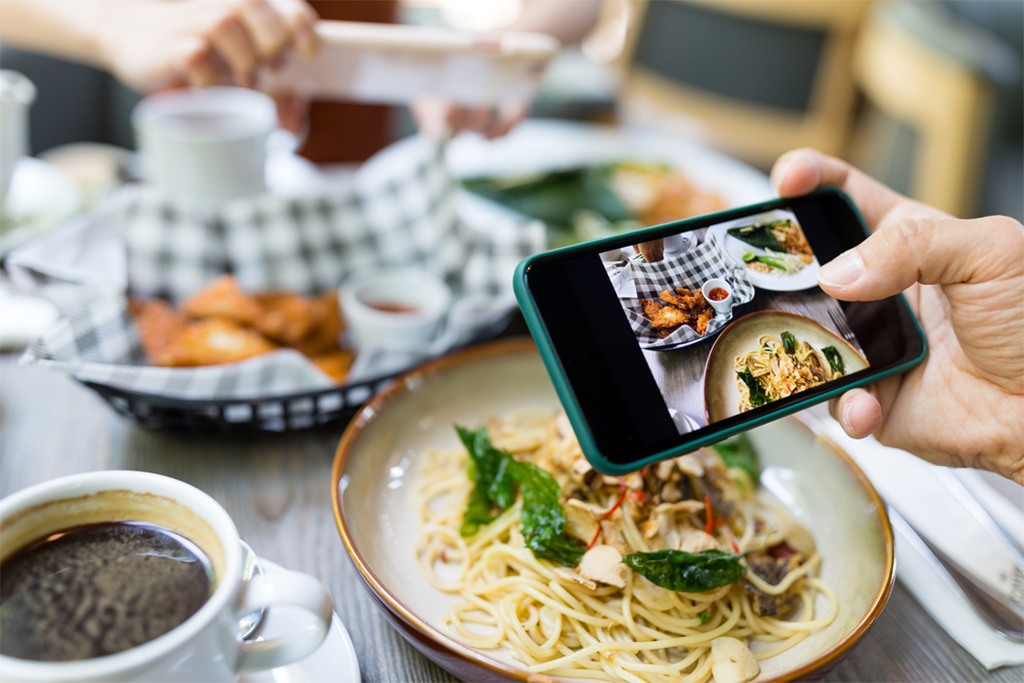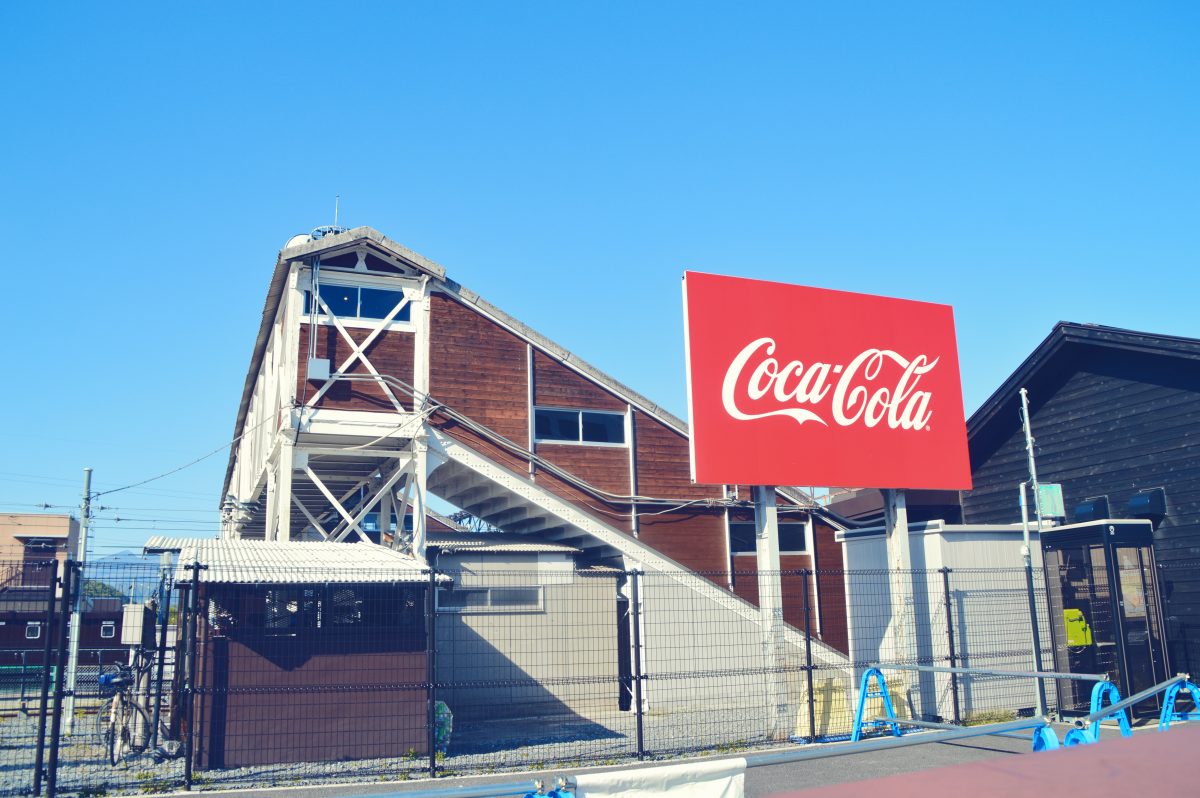In this article, we conceptually engage with style as central to creative industries. We specifically argue that style is crafted into being via an interplay between aesthetic judgments and “aesthetic objects.” We define aesthetic objects as temporary, material settlements fueled by a continual sense of dissatisfaction, eventually resolved through relational engagements.
These remain under aesthetic inquiry throughout the process of crafting, until brought to particular close. We elaborate our theorizing with a non-traditional exemplar of the Bride Dress in the preparation of a 2009 Jean-Paul Gaultier’s fashion show. Our subsequent contribution is a richer conceptual understanding of style, with a material, aesthetic engagement at its center.
In addition, in foregrounding under-explored features (i.e., aesthetic judgments, crafting of physical materials), and introducing new concepts (i.e., aesthetic objects), we outline promising openings for and significant connections with scholarship on creative or fluid industries, style, and organizational identity.





